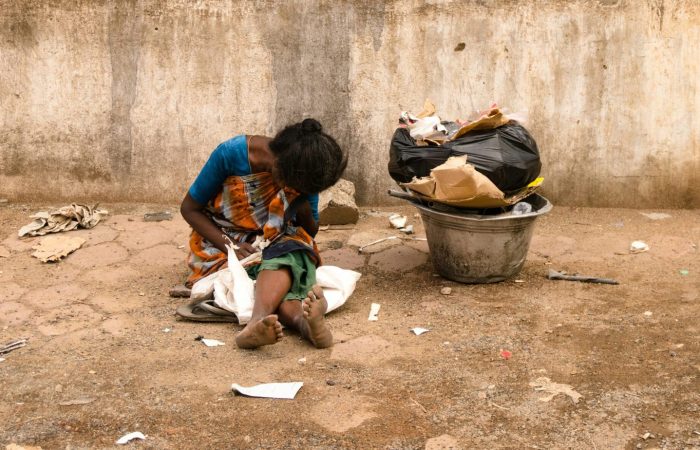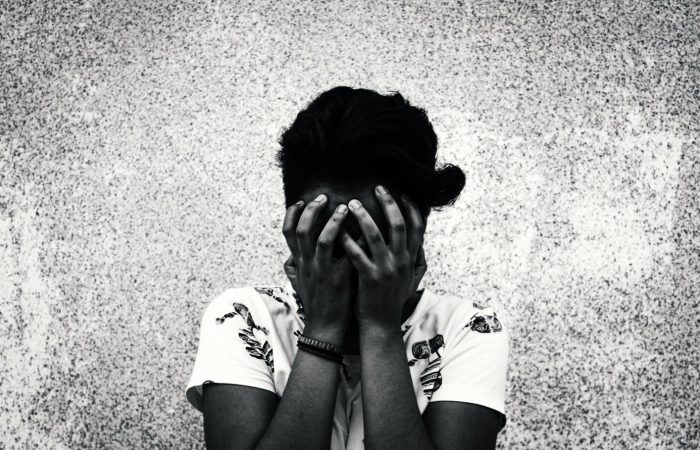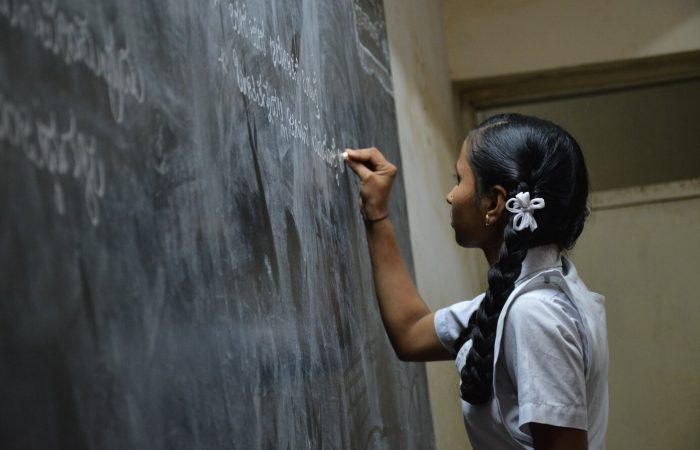Menstrual Inequity
Consider For A Moment
How many days each year would you forfeit in terms of education and wages, solely because of menstruation?
What if you were never educated about menstruation, or worse: if societal taboos and misconceptions about periods left you feeling ashamed of your body?
Unfortunately, this is the reality for over 500 million women, girls, and individuals who menstruate globally. It’s commonly referred to as Menstrual Inequity or Period Poverty.
What is Menstrual Inequity?
Menstrual inequity is a concept denoting the challenges experienced by numerous women and girls due to inadequate access to essential menstrual health management supplies and education, often resulting in significant consequences.
This concept is also referred to as Period Poverty.
Menstrual Inequity
The Impacts of Menstrual Inequity
These represent just a glimpse of the devastating outcomes resulting from Menstrual Inequity or Period Poverty and the absence of menstruation-related education. This cycle bears enduring consequences, impacting both physical health—due to the use of unsuitable materials like leaves, ash, sawdust, and old rags, which can lead to infections—and mental well-being. Girls facing these challenges often miss out on education, drop out of school, face the risk of child marriage, and encounter obstacles in pursuing a stable career path for self-support, making them vulnerable to abuse and trapping them in an unending cycle of poverty.

Health
Challenges
When individuals lack access to menstrual health education and necessary supplies, they may face health issues such as urinary and genital infections, as well as unaddressed menstrual pain.

Social Stigma
and Shame
Individuals in various countries worldwide experience exclusion from routine family and community activities due to social stigma and shame related to menstruation. This exclusion may result in feelings of isolation, depression, abuse, neglect, sexual exploitation, and, in extreme cases, suicidal tendencies.

Impact on Education
and Employment
Issues such as school and workplace absenteeism, loss of income, and challenges in concentration and performance arise when women and girls lack access to affordable and secure menstrual health solutions.
Angel Wings©
Menstrual Inequity highlights some alarming statistics
- At least 500 million women and girls globally lack access to the facilities they need to manage their periods. (1)
- One in ten adolescent girls in Sub-Saharan Africa miss school during menstruation. (2)
- In a Bangladesh study, women missed work 6 days a month on average while menstruating.(3)
- Chhaupadi is an ancient tradition still practised in some parts of rural Nepal, of banishing women & girls, to mud huts or sheds for the duration of their period, as it is believed they will otherwise bring their family bad luck or ill health. (4)
- 23 million girls in India drop out of school annually due to a lack of proper menstrual hygiene management facilities. (5)
- www.worldbank.org/en/news/feature
- blogs.worldbank.org/education
- Tull K. Period poverty impact on the economic empowerment of women. Accessed November 14, 2021. assets.publishing.service.gov.uk/media
- www.ohchr.org/Documents/Issues
- www.deccanherald.com/india/
Join our Mailing List
We’ll send you our weekly newsletter where we share information about all of the latest meet-ups, insights, and news.
Navigation
Important Links
Copyright© 2024 Sew Bee-Cause FZC-LLC | All Rights Reserved | Website by FullCircle DB
